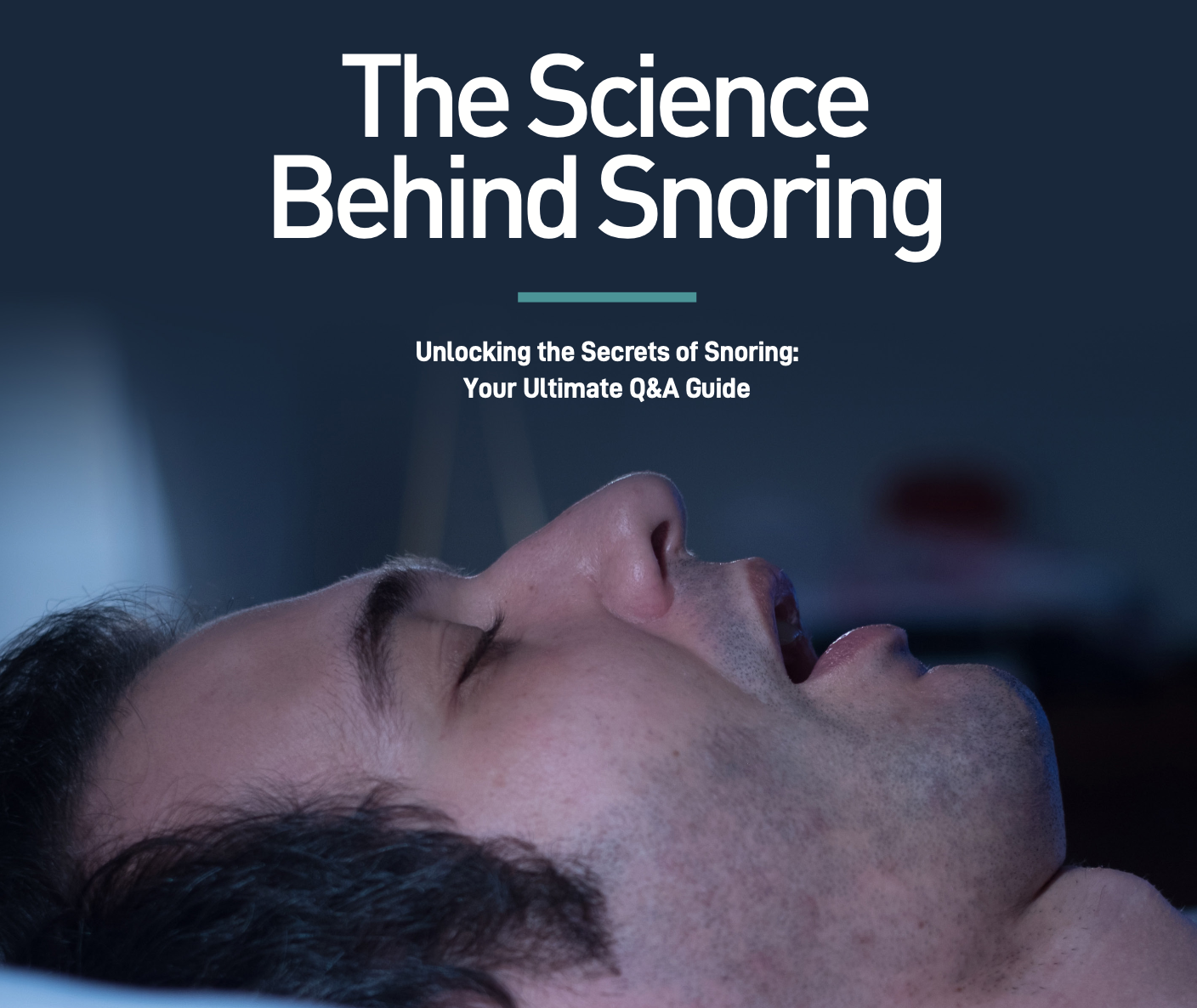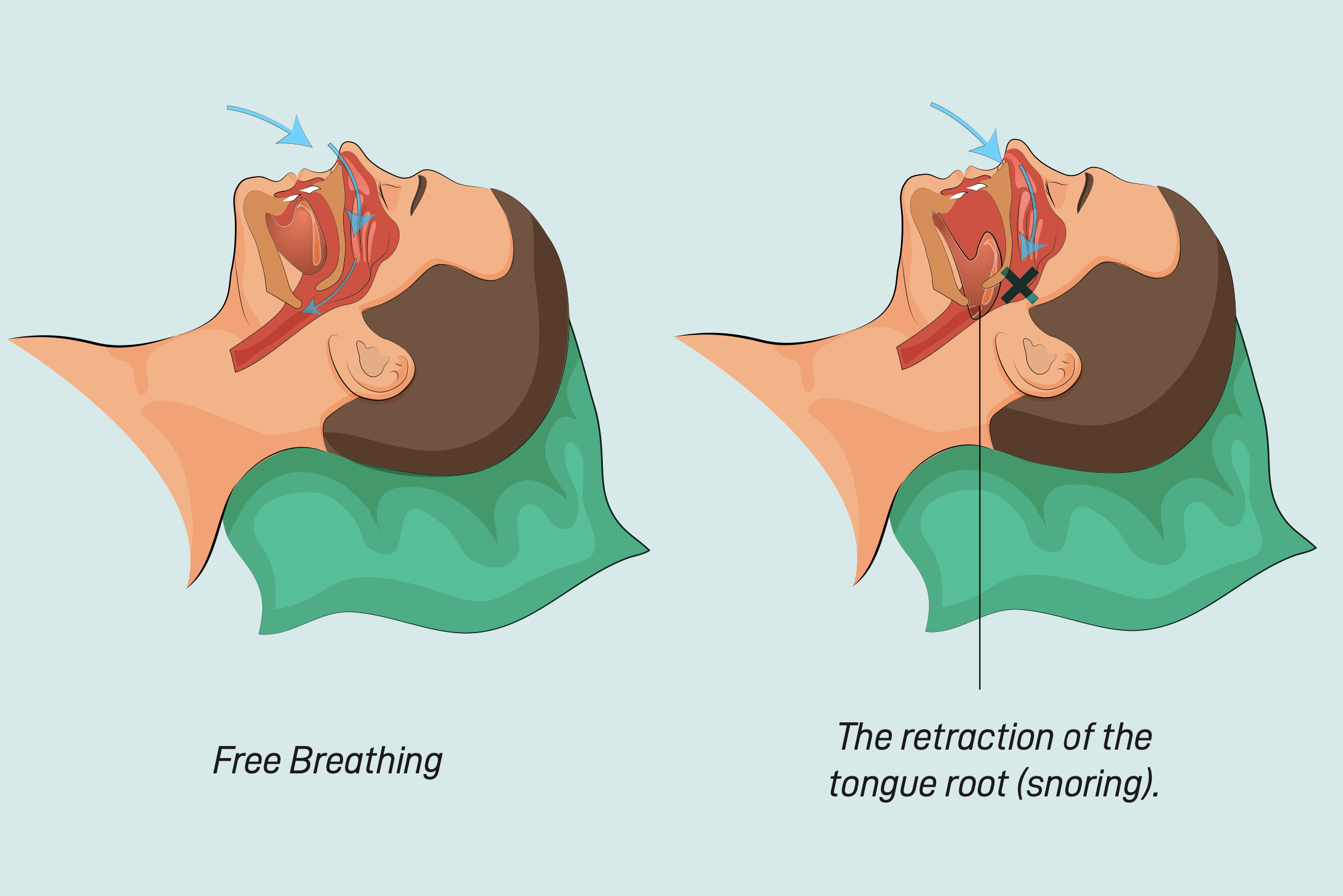Snoring Causes and Remedies: Myths, Risks & Solutions
By Dr Vyas Prasad
A Common but Misunderstood Problem
Snoring affects millions worldwide. Understanding snoring causes and remedies is key to improving sleep quality and overall health. Whether you snore occasionally or nightly, knowing the causes—and how to manage them—can make a big difference for you and your loved ones.
Picture this: a peaceful night’s sleep, where you drift into dreams with calm, rhythmic breathing. Then suddenly, that quiet is interrupted by the unmistakable sound of snoring. We’ve all experienced it, whether as the person snoring or the one lying awake beside them. Though often dismissed as a minor nuisance, snoring can seriously affect relationships, sleep quality, and even long-term health.
This article explores the real snoring causes and remedies, dispelling myths and offering practical ways to achieve quieter, healthier nights.

1. What Are the Main Snoring Causes and Remedies?
Snoring occurs when air moves through relaxed tissues in the throat during sleep, causing vibration and noise. Common areas that vibrate include the tongue, soft palate, tonsils, and the back of the throat. The sound usually escapes through an open mouth—most people find it difficult to snore with their mouths closed.
Remedies for simple snoring often focus on improving airflow through the nose and reducing throat vibration. Nasal treatments, positional therapy, and maintaining healthy breathing habits are among the most effective approaches.

2. Is Snoring Ever Normal?
Occasional, light snoring can be harmless. This is known as simple snoring—a purely vibratory sound without associated health problems. However, even simple snoring can disturb a partner’s sleep and affect relationships.
Frequent or loud snoring, on the other hand, can be a sign of obstructive sleep apnea (OSA) or other breathing disorders. These conditions require medical attention because they may disrupt oxygen flow and impact overall health.

3. Health Risks Linked to Snoring and Sleep Apnea
Snoring can sometimes signal more serious health conditions. Obstructive sleep apnea (OSA) is one of the most common. In children, OSA may affect growth, concentration, and mood. They might experience headaches, tiredness, or difficulty focusing in school. Children in higher-weight bodies may also have breathing challenges during the day due to increased strain on the heart and lungs.
In adults, untreated OSA can lead to high blood pressure, heart disease, stroke, and even metabolic issues such as diabetes. If you or your partner notice pauses in breathing, choking during sleep, or constant tiredness despite a full night’s rest, it’s important to consult a doctor.
4. Snoring Treatment Options
When it comes to snoring causes and remedies, the treatment should target the root cause. Most often, nasal issues play a major role. Blockages caused by allergies, infections, or structural differences in the nose can restrict airflow and trigger snoring.
If nasal congestion is the problem, treating allergies or infections can help. Some people develop a habit of mouth-breathing after a cold, which prolongs snoring even after recovery. With awareness and effort, nasal breathing can usually be restored.
Other causes include enlarged tonsils, a floppy palate, or a large tongue. Adjusting your sleeping position can also make a big difference. Side-sleeping, using wedge pillows, or wearing positional devices can reduce snoring for many people.
5. Can Medication Help Stop Snoring?
Medication can help when nasal blockage is a key factor. For instance, people with allergic rhinitis may benefit from intranasal steroid sprays that reduce inflammation and open the airways. However, no medication can fix snoring caused by soft palate vibration or tongue position. Those cases often require mechanical or lifestyle-based remedies instead.
6. Devices and Appliances for Snoring Relief
Many anti-snoring devices claim to help—but results vary. Common options include:
-
Mandibular advancement devices (MADs): reposition the lower jaw to keep the airway open.
-
Nasal strips or cones: widen nasal passages for better airflow.
-
Chin straps or mouth tapes: encourage nasal breathing.
Before investing in an appliance, it’s wise to consult a healthcare professional who can assess your snoring pattern and recommend the most effective approach for your situation.
7. Lifestyle Remedies for Snoring
Lifestyle changes are often the most sustainable snoring remedies. Maintaining a comfortable, healthy body weight can reduce tissue pressure around the throat. Regular exercise, good sleep posture, and avoiding alcohol before bedtime can also help.
Environmental factors matter too—dust, mould, and allergens can irritate nasal passages and worsen snoring. Quitting smoking and keeping bedrooms well-ventilated can further improve airflow and sleep quality.
8. Is Surgery a Solution for Snoring?
Surgery can be an option when snoring has a clear physical cause, such as enlarged tonsils, nasal obstruction, or a deviated septum. It’s most effective when other contributing factors—like nasal allergies or weight-related pressure—have already been addressed.
That said, surgery for simple snoring may not guarantee a permanent cure. The condition can return over time, so surgery should be considered only after exploring non-invasive options.
9. How Long Until You See Results?
Patience and consistency are key. Weight management, allergy control, or retraining your breathing habits take time. Some devices or nasal treatments can bring faster relief, but complete improvement often requires a combination of methods.
Give each approach several weeks before deciding if it works for you. Because snoring is usually caused by several overlapping factors, combining remedies—such as positional therapy and nasal treatment—often yields the best results.
The Takeaway
Snoring isn’t just a noisy annoyance—it’s a signal from your body. Understanding snoring causes and remedies can help you take proactive steps toward better rest and long-term wellness. Whether through lifestyle changes, medical treatment, or professional guidance, peaceful nights are well within reach. PRIME












Leave A Comment